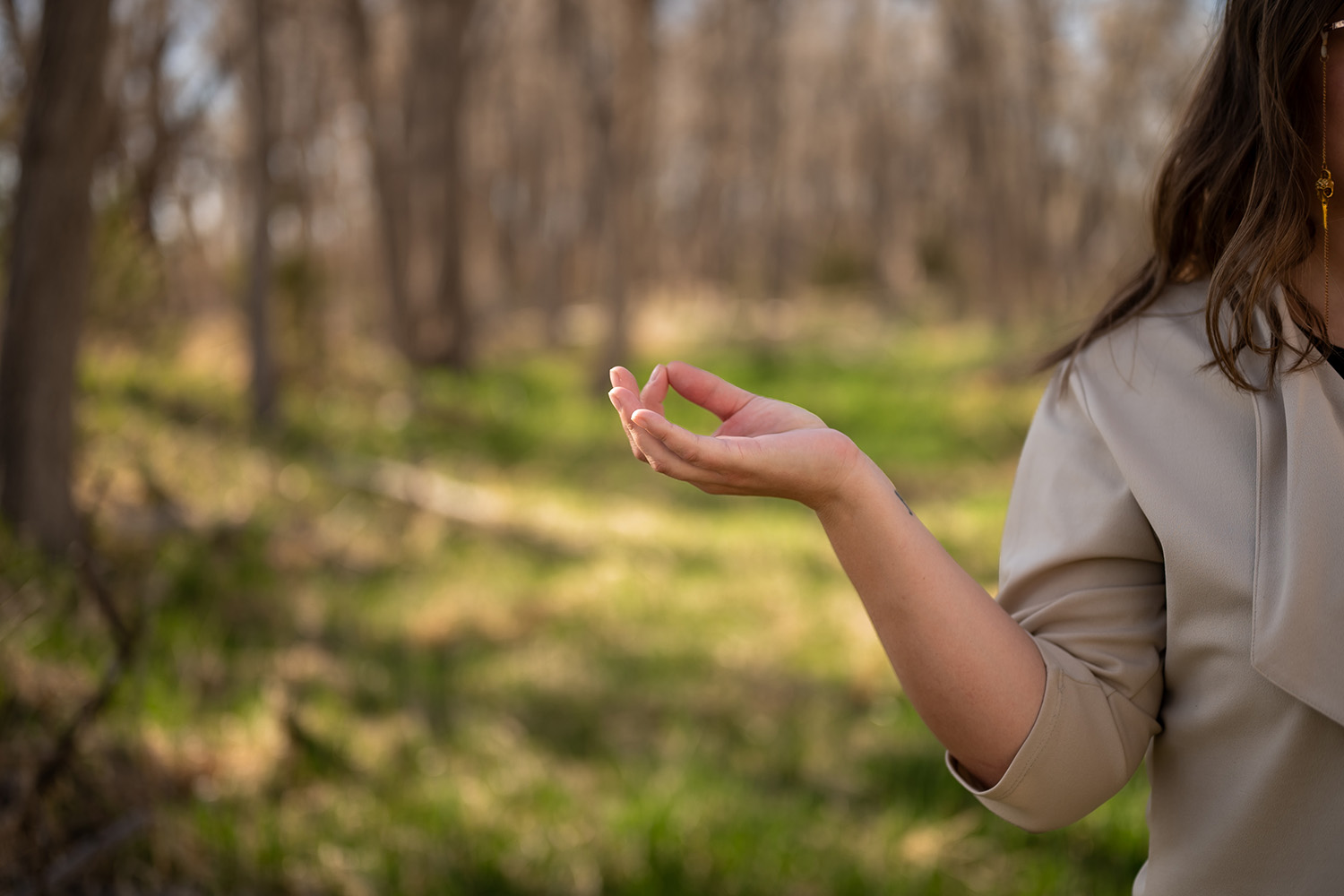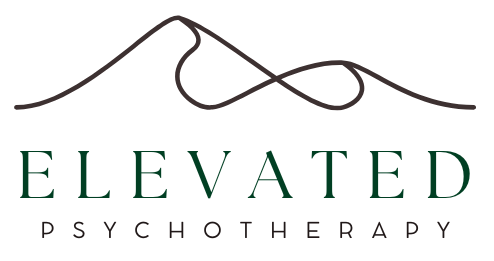
In today’s fast-paced world, many of us find ourselves constantly juggling multiple tasks, battling stress, and struggling to maintain a sense of inner peace. Amidst this chaos, mindfulness has emerged as a powerful tool for promoting mental well-being.
Rooted in ancient Eastern traditions, but supported by modern scientific research, mindfulness practices offer a pathway to reducing stress, enhancing emotional resilience, and cultivating a more balanced outlook on life.
Understanding Mindfulness
In general, Mindfulness can be defined as the practice of paying attention to the present moment with openness, curiosity, and without judgment. It involves consciously directing our awareness, with curiosity, to our thoughts, feelings, bodily sensations, and the surrounding environment. By doing so, we cultivate a heightened sense of awareness and acceptance of our experiences as they arise. It can also help ground ourselves when we are feeling overwhelmed by the demands of daily life.
Benefits of Mindfulness for Mental Health
Numerous studies have demonstrated the positive impact of mindfulness on mental health. Here are some key benefits:
1. Stress Reduction:
Mindfulness techniques such as mindful breathing and meditation help activate the body’s relaxation response, reducing levels of cortisol (the stress hormone) and promoting a sense of calmness.
2. Emotional Regulation:
Practicing mindfulness enables us to observe emotions without becoming overwhelmed by them. This awareness fosters greater emotional resilience and the ability to respond to challenging situations with clarity and regulated emotions.
3. Improved Focus and Concentration:
Regular mindfulness practice enhances cognitive function, including attention and concentration. It helps individuals become more adept at staying present and focused on tasks, thereby enhancing productivity.
4. Enhanced Relationships:
By fostering non-judgmental awareness and empathy, mindfulness strengthens interpersonal relationships. It encourages compassionate listening and fosters deeper connections with others.
5. Pain Management:
Mindfulness-based interventions have been found effective in reducing chronic pain by changing the brain’s perception of pain and increasing pain tolerance.
Mindfulness Techniques and Practices
1. Mindful Breathing
– Technique: Find a quiet space, sit comfortably, and focus your attention on the sensation of your breath—inhaling and exhaling naturally. Your eyes can be open or closed; although, it may help in the beginning to close your eyes if you are easily distracted. Notice how the breath feels as it enters and leaves your body. Pay attention to the sensations. Observe how your abdomen rises and falls with each inhale and exhale.
– Benefits: Activates the paraysmpathetic nervous system, calms the mind, reduces stress, and anchors attention to the present moment.
2. Body Scan Meditation
– Technique: Lie down or sit comfortably, close your eyes. Slowly bring attention to different parts of your body, starting from your toes to the top of your head. Notice any sensations without judgment or the need to change anything. Be curious about your experience.
– Benefits: Enhances body awareness, promotes relaxation, and reduces muscle tension.
3. Loving-Kindness Meditation (Based on ancient tradition)
– Technique: Sit quietly and envision someone who you share a great deal of love for. Feel the warmth in your chest. Repeat phrases of goodwill towards yourself and others (e.g., “May I be happy, may I be healthy, may I be at peace”). Extend these wishes to loved ones, acquaintances, and even those you have difficulties with.
– Benefits: Cultivates compassion, increases self-acceptance, and fosters positive emotions.
4. Mindfulness in Daily Activities (Inspired by Thich Nhat Hanh)
– Technique: Bring mindfulness into everyday tasks such as eating, walking, or washing dishes. Focus fully on the sensations, movements, and actions involved in each activity. Pay attention to one thing at a time. Use your senses. What can you see? Touch? Taste? Smell? Hear?
– Benefits: Encourages presence in daily life, reduces “auto-pilot”, and promotes appreciation of the present moment.
5. RAIN Technique (Developed by Tara Brach)
– Technique: Recognize what is happening in your mind and body; Allow the emotions and experience to be just as it is, without judgment; Investigate inner experience with kindness and without judgment; Non-identification—remember you are not your thoughts or feelings.
– Benefits: Helps navigate difficult emotions, fosters self-compassion, encourages emotional healing, can help during conflict
Integrating Mindfulness into Your Life
Incorporating mindfulness into your daily routine doesn’t require extensive time commitments. Start with short sessions of 2-5 minutes and gradually increase as you become more comfortable. Consider attending mindfulness workshops, reading books by experts like Kristin Neff, Tara Brach, and Thich Nhat Hanh, or using smartphone apps that offer guided meditations and mindfulness exercises. My personal favorite is insight timer.
Conclusion
Finally, mindfulness is not merely a trend but a transformative practice that can significantly enhance mental health and overall well-being. By cultivating mindfulness through techniques such as mindful breathing, body scans, and meditation, individuals can reduce stress, improve emotional regulation, and foster a deeper connection with themselves and others. Embrace mindfulness as a journey towards greater awareness, resilience, and inner peace in your life.
Remember, the benefits of mindfulness unfold gradually with consistent practice and patience. Begin your mindfulness journey today and witness the positive impact it can have on your mental health and quality of life.
Share This Story
Ashley M. Allen, PsyD is a Colorado-based licensed clinical psychologist who sees clients virtually nationwide through PSYPACT. Dr. Allen specializes in LGBTQ+, alternative lifestyles, emotional disorders, ADHD, BPD and chronic illness. Stay tuned to her blog for tips on mental wellness.


